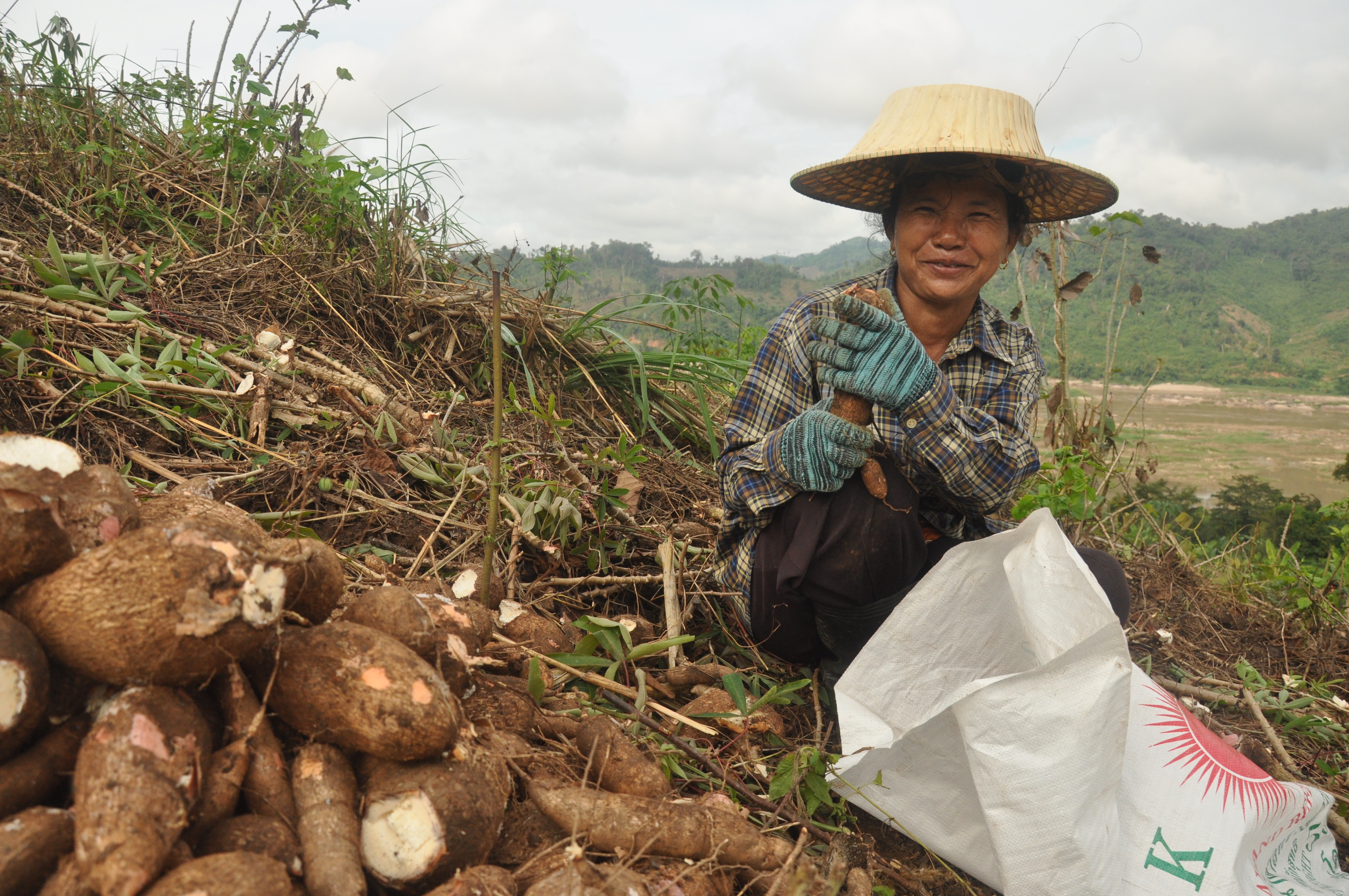Agroforestry offers sustainable alternative to worrying trend in Mekong region
Author: Kate Langford
A shift towards monoculture plantations and higher chemical use is of great concern to many in the Mekong region, particularly due to the impact this is having on food security and health.
Farmers who have resisted monoculture cropping, and opted to maintain or create mixed-species agroforestry systems, are benefiting from income and food security and reduced reliance on fertilizer and pesticides.
“Rubber trees are invading fruit orchards and watershed forest,” explains Cheardsak Kuaraska, vice-dean of the Faculty of Technology and Community Development at Thaksin University in Phattalung, Thailand. “Oil palm is invading rice paddy and lowland forests, especially peat forests.” He warns that southern Thailand is now faced with a food security problem.
Kuaraska estimates that rubber and oil palm now cover 33 per cent of the province of Phattalung in Thailand. Not only are they replacing food crops, he says, they are impacting on ecosystems; farmers are using higher amounts of fertilizer which is causing damage to the environment and health problems.
Lamphoune Xyvongsa from the Faculty of Forestry at the National University of Lao explains that it is becoming more difficult for people to gather food from the forest because many natural forests have been converted to plantations.
Kuaraska and Xyvongsa are among a group of researchers and farmers from Thailand, Lao, Cambodia and Viet Nam who appear in a series of 13 short films produced by the World Agroforestry Centre, discussing land-use problems in their countries and the role agroforests play in solving them.
Both believe agroforestry offers a sustainable alternative for farmers in the Mekong region; providing them with year-round income and a diversity of foods and other products while also offering many environmental benefits.
“How can we expand this knowledge to other farmers so that they can change their practice from monoculture to mixed-species?” asks Kuaraska. “Research is still necessary. We need to collaborate so that we can compare data on how one kind of farming practices is better than other kinds.
Farmers Chamni Yodkaewruang and Charus Kaewkong from Phattalung, Thailand and Pasith Pimpramote, from Vientiane in Laos, say agroforestry gives them different products at different times which can be consumed and or sold.

